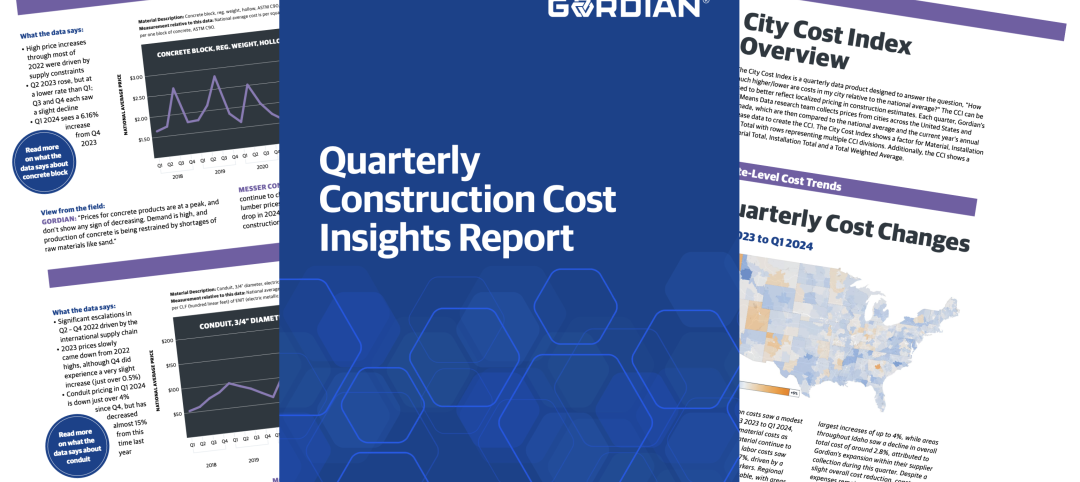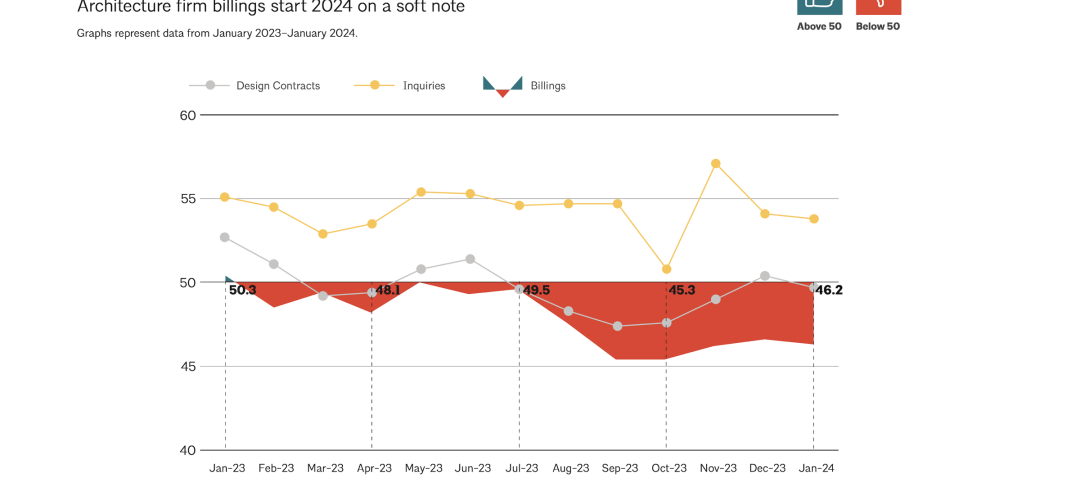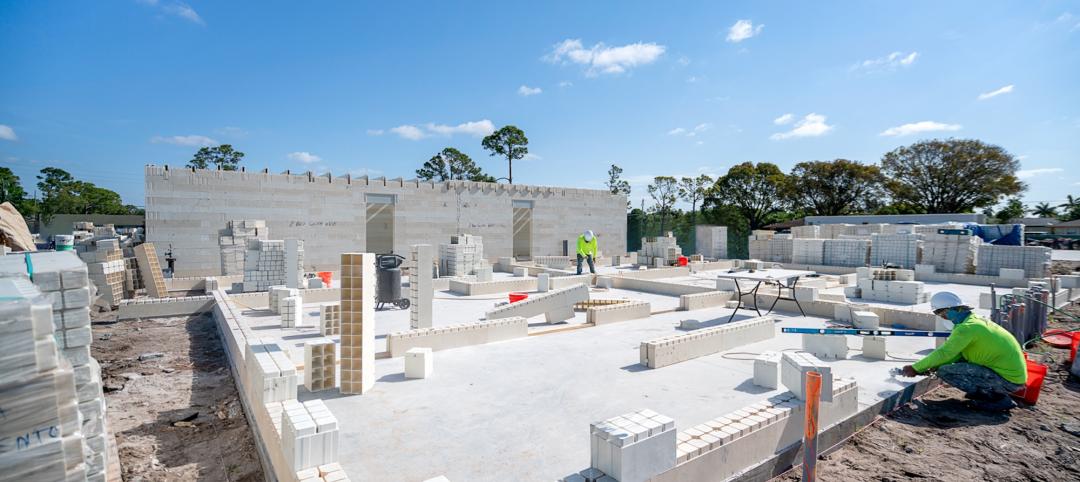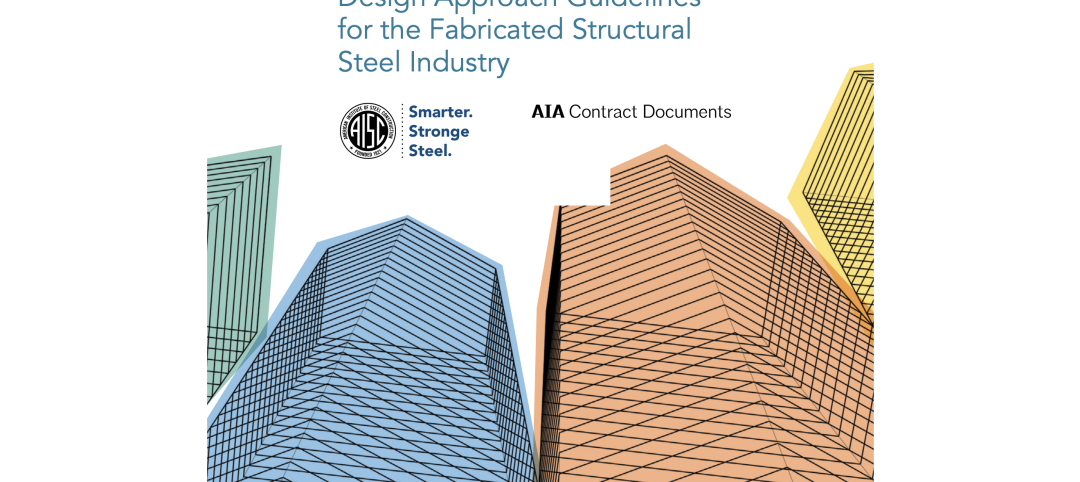At the 2015 Annual Business Meeting of the National Council of Architectural Registration Boards (NCARB), Member Boards agreed on Saturday to discontinue the current Broadly Experienced Foreign Architect (BEFA) Program in favor of a simplified alternative for receiving an NCARB Certificate.
The change, effective July 1, 2016, will optimize the process for foreign architects who are licensed but do not currently meet the requirements for the NCARB Certificate. This credential facilitates licensure among jurisdictions and signifies that an architect has met national standards for licensure established by registration boards.
“We wanted to remove some of the unnecessary financial and administrative impediments for this group by refocusing on the nationally accepted standards for licensure." —Dale McKinney, NCARB President
The new alternative for foreign licensees will replace the current BEFA Program’s requirements, eliminating the committee dossier review and the need to document seven years of credentialed practice in a foreign country. Instead, foreign architects will be required to document completion of the Intern Development Program (IDP) experience requirements and successfully complete the Architect Registration Examination (ARE) to obtain NCARB certification.
“NCARB Certification provides an important career advantage, opening up future job opportunities throughout the U.S. and providing free online continuing education,” said NCARB President Dale McKinney, FAIA, NCARB. “We wanted to remove some of the unnecessary financial and administrative impediments for this group by refocusing on the nationally accepted standards for licensure.
“By imposing the same experience and examination criteria on foreign architects as we do in U.S. architect candidates for certification, we address knowledge of U.S. codes and facility with English as the primary U.S. language,” McKinney added. “The new alternative will be more automated, increasing objectivity and helping reduce fees associated with the dossier and interview requirements.”
In other Annual Business Meeting action, a new alternative to the Broadly Experienced Architect (BEA) program fell one vote shy of getting the 28 votes needed by the Member Boards to discontinue the BEA in favor of a more simplified alternative for architects seeking an NCARB Certificate when they do not have a degree from a program accredited by the National Architectural Accrediting Board (NAAB).
The new requirements for the education alternative for certification would have required five years of post-licensure practice for all licensees without accredited education. It would also have required twice the IDP requirements for work experience for architects with a pre-professional architectural degree, and five times the IDP requirements for those with anything less than a pre-professional architectural degree.
“The split in our membership shows the proposal needs more work,” said NCARB CEO Michael Armstrong. “Our board will apply feedback from the membership toward a remodeled alternative and come back next year with a proposal that will try to capture the blend of rigor, inclusion and ease of use that is acceptable to a majority of our members.”
Related Stories
Construction Costs | Feb 27, 2024
Experts see construction material prices stabilizing in 2024
Gordian’s Q1 2024 Quarterly Construction Cost Insights Report brings good news: Although there are some materials whose prices have continued to show volatility, costs at a macro level are returning to a level of stability, suggesting predictable historical price escalation factors.
High-rise Construction | Feb 23, 2024
Designing a new frontier in Seattle’s urban core
Graphite Design Group shares the design for Frontier, a 540,000-sf tower in a five-block master plan for Seattle-based tech leader Amazon.
Construction Costs | Feb 22, 2024
K-12 school construction costs for 2024
Data from Gordian breaks down the average cost per square foot for four different types of K-12 school buildings (elementary schools, junior high schools, high schools, and vocational schools) across 10 U.S. cities.
MFPRO+ Special Reports | Feb 22, 2024
Crystal Lagoons: A deep dive into real estate's most extreme guest amenity
These year-round, manmade, crystal clear blue lagoons offer a groundbreaking technology with immense potential to redefine the concept of water amenities. However, navigating regulatory challenges and ensuring long-term sustainability are crucial to success with Crystal Lagoons.
Architects | Feb 21, 2024
Architecture Billings Index remains in 'declining billings' state in January 2024
Architecture firm billings remained soft entering into 2024, with an AIA/Deltek Architecture Billings Index (ABI) score of 46.2 in January. Any score below 50.0 indicates decreasing business conditions.
University Buildings | Feb 21, 2024
University design to help meet the demand for health professionals
Virginia Commonwealth University is a Page client, and the Dean of the College of Health Professions took time to talk about a pressing healthcare industry need that schools—and architects—can help address.
AEC Tech | Feb 20, 2024
AI for construction: What kind of tool can artificial intelligence become for AEC teams?
Avoiding the hype and gathering good data are half the battle toward making artificial intelligence tools useful for performing design, operational, and jobsite tasks.
Engineers | Feb 20, 2024
An engineering firm traces its DEI journey
Top-to-bottom buy-in has been a key factor in SSOE Group’s efforts to become more diverse, equitable, and inclusive in its hiring, mentoring, and benefits.
Building Tech | Feb 20, 2024
Construction method featuring LEGO-like bricks wins global innovation award
A new construction method featuring LEGO-like bricks made from a renewable composite material took first place for building innovations at the 2024 JEC Composites Innovation Awards in Paris, France.
Codes and Standards | Feb 20, 2024
AISC, AIA release second part of design assist guidelines for the structural steel industry
The American Institute of Steel Construction and AIA Contract Documents have released the second part of a document intended to provide guidance for three common collaboration strategies.

















